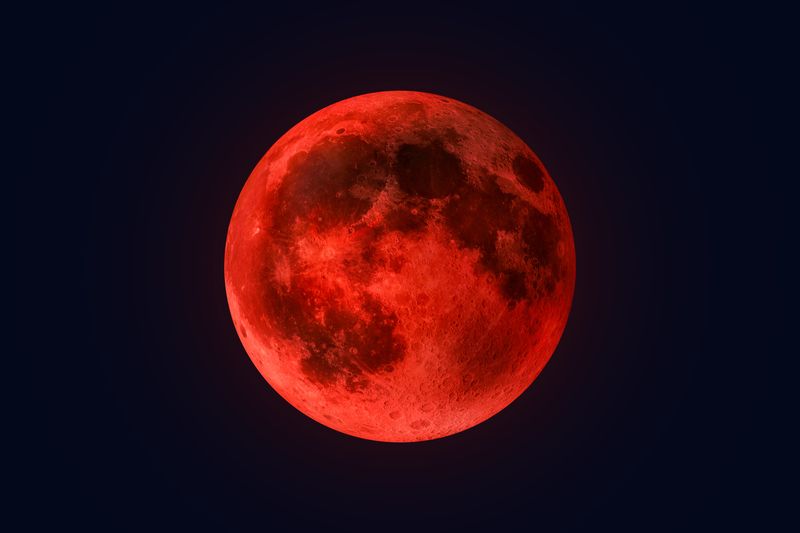Nigeria and many other African countries will on Sunday, September 7, witness a rare lunar eclipse beginning around 8:00 PM West Africa Time.
TheNewsGuru.com(TNG) reports that scientists disclosed that the event, will give the Moon a reddish glow known as a “blood moon.” and it will last for about 83 minutes.
According to reports, people across Nigeria will be able to watch the spectacle, though some western parts of the continent may miss the early stages since the Moon will rise during totality.
Countries expected to witness the lunar eclipse include Ghana, Cameroon, Gabon, Equatorial Guinea, Benin, Togo, Niger, Chad, and São Tomé and Príncipe.
In Nigeria, areas with less light pollution, such as Yobe and Borno, are likely to provide clearer views of the sky.
A lunar eclipse occurs when the Sun, Earth, and Moon align in a straight line, causing Earth’s shadow to cover the lunar surface.
Unlike solar eclipses, lunar eclipses do not pose any danger to the eyes and can be viewed safely without protective glasses.
NASA has confirmed that the total eclipse will also be visible in parts of Europe, Asia, and Australia. The red appearance of the Moon during the eclipse is caused by sunlight bending through Earth’s atmosphere, a natural process that also affects the Moon’s temperature.
